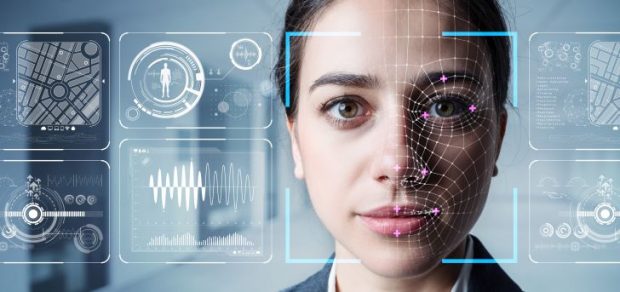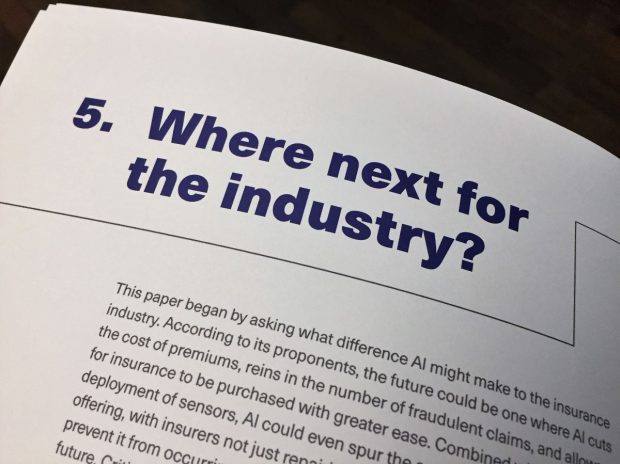The majority of our May use-cases relate to a pivot of existing AI or data activity to a new context, for example the development of an open-sourced COVID-19 vulnerability index which identifies people most at risk of severe complications. The index utilises an AI predictive model and is being used by healthcare organisations and insurance …
Few innovations have divided opinion more than facial recognition technology (FRT). Some claim that it will make our streets safer, our bank accounts more secure and our public services more accessible. Yet others argue that it will violate our right …
Although there are a number of entirely new uses of data and AI, approximately half of our April database relates to extension or pivots of existing activity to a new context, or a new synthesis of existing data sources. We would expect to see an increase in novel use-cases as time goes on, after further …
The CDEI’s mission is paramount at a time when rapid technological advances are being deployed to help control the spread and minimise the effects of COVID-19. In order to realise our mission, and create an environment in which ethical innovation …
It’s easy to argue for more data sharing in the public sector. This would enable more innovation, make it easier to deliver personalised services and make the government more efficient. Right? But what about privacy?
If 2020 is going to be the year that we get serious about ethical principles, as many commentators in the AI and ethics community claim, I can think of few better places to begin than with personal insurance.






Recent Comments